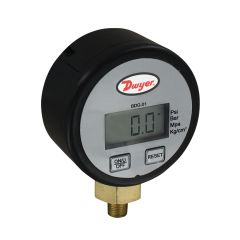- Joined
- Jul 18, 2020
- Messages
- 217
I'm wondering if anyone knows of a reasonably-priced master test gauge that will work on a lower-pressure gauge (
Alternatively, if this something that a high-end indy tire shop will have on-hand? I need to check calibration on a couple of gauges. While I can test them for precision, I really would like to get some absolute accuracy numbers on them.
Thanks!
Alternatively, if this something that a high-end indy tire shop will have on-hand? I need to check calibration on a couple of gauges. While I can test them for precision, I really would like to get some absolute accuracy numbers on them.
Thanks!

